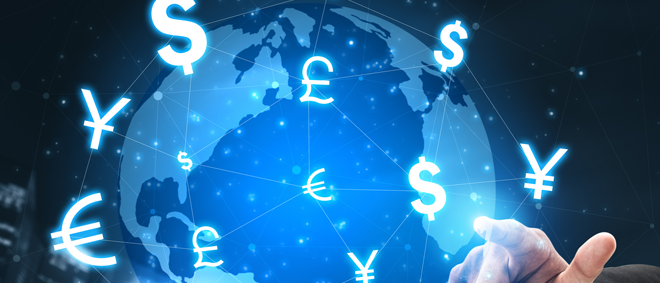Companies are putting forth more effort, thought, commitment, and resources into environmental, social, and corporate governance (ESG) considerations across their business lines. The focus of ESG has primarily centered around climate change and sustainability, but the “S” in ESG is becoming increasingly important to consumers and other stakeholders. As global corporate citizens become more vocal about asserting their identity and values, it is critical to think about how their global trade and compliance policies and supply chains reflect those values. Issues like forced labor in the supply chain, third party diligence, and how to build an ethical culture are part and parcel of a strong compliance program. But these issues also present opportunities for companies to reflect their values in a fundamental way and speak to what consumers are demanding with their dollars.
Continue Reading ESG, Global Trade, and Forced Labor: Aligning Compliance with Company Values










